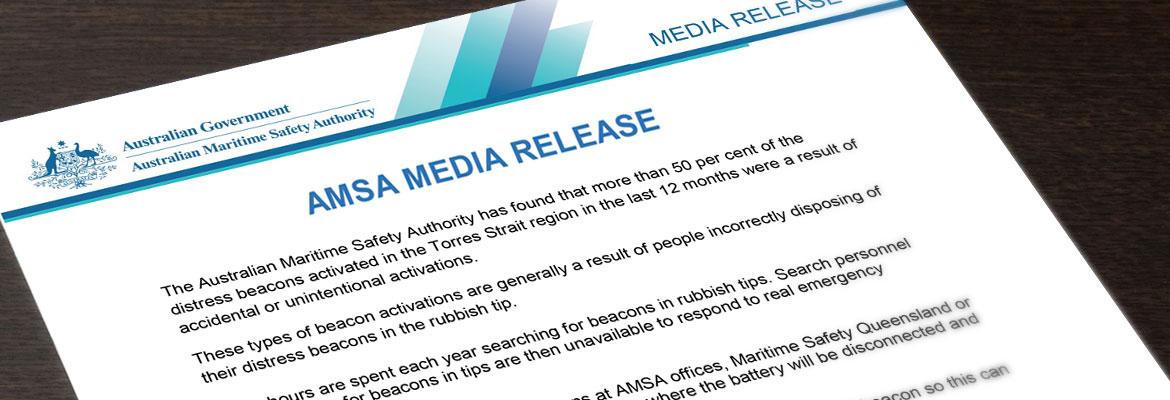
The Council consists of Transport, Infrastructure and Planning Ministers from the Commonwealth, States and Territories.
Australian Maritime Safety Authority (AMSA) Chief Executive Officer Graham Peachey said the outcomes were historic and a major achievement for the new National System for Domestic Commercial Vessels, which will come into effect on July 1.
“For the first time there will be single national standards for competency for seafarers and safe operation of vessels operating in near-coastal waters, and the ability to implement these standards nationally,” Mr Peachey said.
“In addition, the Council also agreed another ground breaking initiative: new national accreditation arrangements for marine surveyors. For the first time in Australia, domestic commercial vessel surveyors will operate under a single consistent arrangement.”
"The new standards move us from eight different systems to one whilst maintaining a strong safety culture.”
The new arrangements for crew competencies under Part D of the National Standards for Commercial Vessels (NSCV) will include competency based training to ensure candidates have greater exposure to practical on-board skills.
Seafarers will be able to use their new national certificates to work anywhere in Australia without needing to have them reassessed by state and territory maritime jurisdictions, cutting out unnecessary red tape.
Regulation of crewing requirements will now be covered by Part E of the NSCV. Under new enhanced regulatory obligations, vessel operators will be responsible for addressing risk through implementing safety management plans and practical guidelines, which will be rigorously overseen by AMSA.
The unanimous agreement follows three years of extensive national consultation through industry reference groups involving representatives from the oil and gas industry, the fishing and ferry industries, seafarer trade unions, aquaculture representatives and cargo operators.